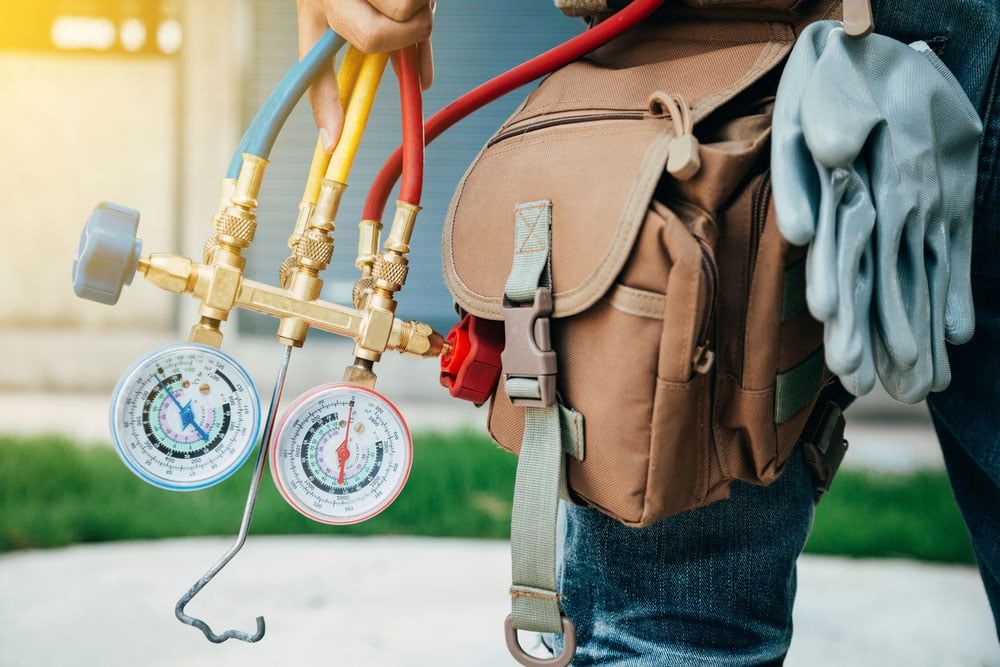The Challenges of Dry Air
Dry indoor air causes a variety of unpleasant and potentially unhealthy problems.
As you breathe – whether through your nose or you mouth – your upper respiratory system becomes dry. Your throat and nasal passages become irritated and your chances of infection increase. You become more susceptible to colds, flu and other illnesses.
You might also notice that your skin and eyes are dry and your lips are chapped. You might not sleep well due to snoring that can result from overly dry tissues in your nose and throat. Dry air carries more pollen, mold and dust, potentially causing allergy attacks – not to mention how much more frequently you need to dust and sweep.
Dryness can also cause problems for your heating system. Dry air is more difficult to heat. When you add the right amount of moisture to the indoor air, your furnace will work more efficiently. It won’t have to run as long or as often to maintain the desired temperature. You will save energy and your heating bills will be lower. You will also reduce the strain on your HVAC equipment, helping it last longer and helping you avoid breakdowns and emergency repair bills.

